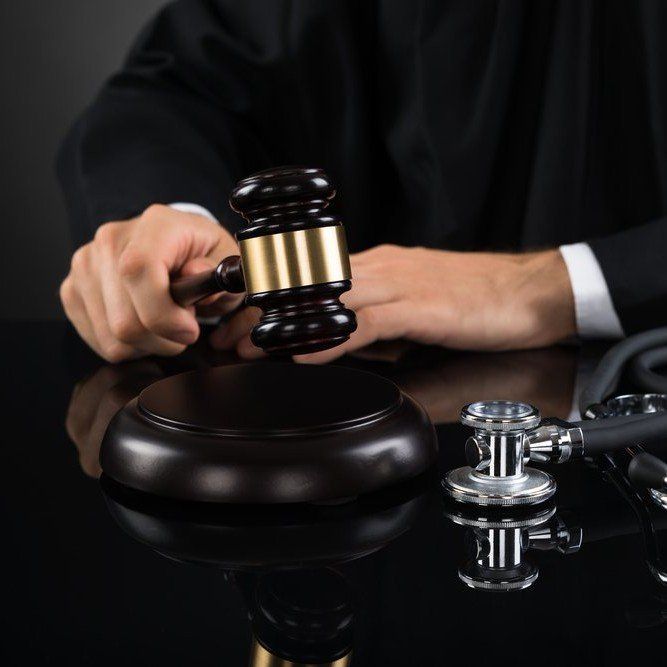Can Social Media Be Detrimental to Your Physical Injury Claim?
Social media usage is becoming bigger than ever. As of 2014, 74% of adults that use the internet frequently also use social media websites, a Pew Research Center
report found. (The number has grown immensely since that time).
Since social media is a big platform for people to share their thoughts, feelings, and activities, it makes sense that most turn to social media after they were involved in an accident. However, beware- sharing details of a personal injury through social media while in the midst of the claims process is not your best option.
The following information will let you know how social media can affect your personal injuryclaim:
People that pursue a personal injury usually do so because they have suffered physical injuries. These injuries can include anything from a broken leg, chronic pain, concussion, traumatic brain injury, soft tissue injury, etc.
Because of this, they are looking to be compensated for things that resulted in the personal injury; first, expenses associated with the injury such as how much it costs to stay in the hospital and second, the noneconomic damages for mental things such as pain and suffering.
To prove these damages, a claimant will usually call for a medical expert, or any other specialists/witnesses, including friends & family to help them with their personal injury claim process.
On the defense side, or the party against the person that is filing the claim is to do the absolute opposite. The defendant will try to scrape up any evidence that proves that the claimant’s personal injury is not as bad as they are perceiving. One of the best sources of information that defendants grab from is a claimant’s social media profile.
For example, consider a claimant that is seeking a case for chronic pain, some loss of mobility, or an inability to enjoy physical activities that he or she once loved, such as running. The defense team will go through every bit of the claimant’s social media to look for anything that is contrary to their claim— evidence could include a photo of the claimant going on a run or “checking in” at a gym.
As a result of the defendant’s case, the judge ruled that the claimant will not receive compensation for their personal injury as the photos show clear and distinct evidence that the claim is false.
How Evidence On Social Media Can Be Used Against You
In addition to a physical injury, a person can also incur an emotional injury after an accident. This could be anything from anxiety, depression, withdrawal, trauma, PTSD, etc. Psychological injuries are similar to physical injuries as the claimant needs to provide concrete proof.
The defense team will usually thoroughly go through the claimant’s facebook, Instagram, twitter, or personal blog, to disprove claims of emotional distress or depression.
Evidence that is used in the court may be less obvious than you would believe. Rather than using an obvious picture such a the claimant having fun on the weekend or enjoying life with friends the defense may use something as seemingly harmless as someone wishing the claimant a happy birthday. The defendant would use the defense that if the claimant were emotionally hurt or not socially isolated, people would not wish them a happy birthday.
Although the connection between a happy birthday wish and depression may seem small, defendants will find absolutely anything to avoid paying an immense amount of money.
Social Media- Is it Public Record?
The examples given above raise a question about privacy. Many that pursue a personal injury claim will ask, “Is my social media public record?” The answer is yes. Anything that is posted on the internet may be used as evidence in a private investigation. There are some restrictions to this rule- private messages cannot be accessed without consent or warrant. However, anything else is up for grabs for the whole public.
Social Media Best Practices
Posting anything online, even if you believe it to be harmless when filing a personal injury claim is dangerous territory. After you have endured a personal injury accident, you should temporarily suspend all of your social media accounts to assure that nothing will come in between you and your claim.
At the least, you should make sure that ALL of your social media accounts are private. Also, make sure that you do not accept any new follower requests after your injury happens. It would also be smart to ask any friends or family not to post anything that could mess up your claim.
If you have a personal injury, the Law Offices of Alvin De Levie & Associates, can help you! Our dedicated legal team will help you handle your case. If you would like more information,contact us at (844) 777-2529.






























